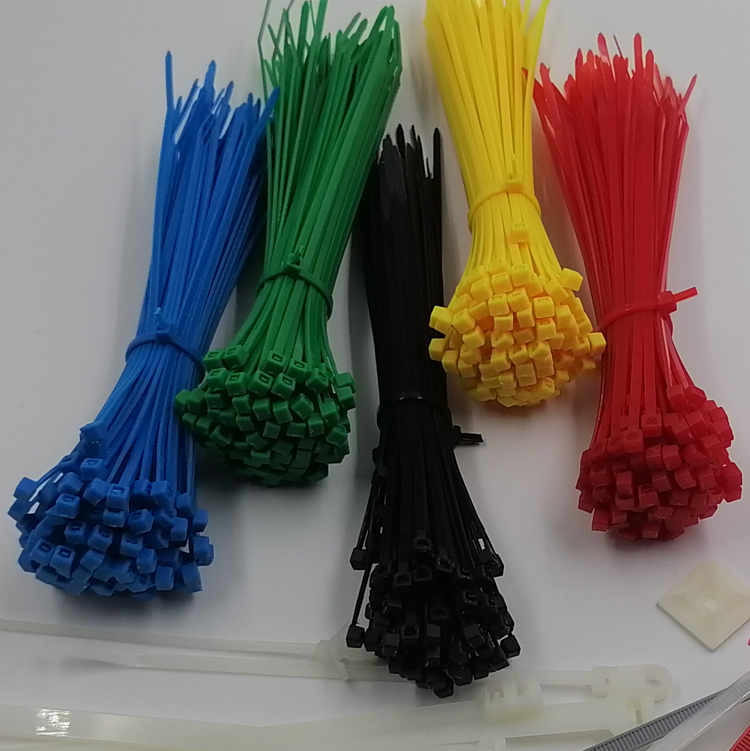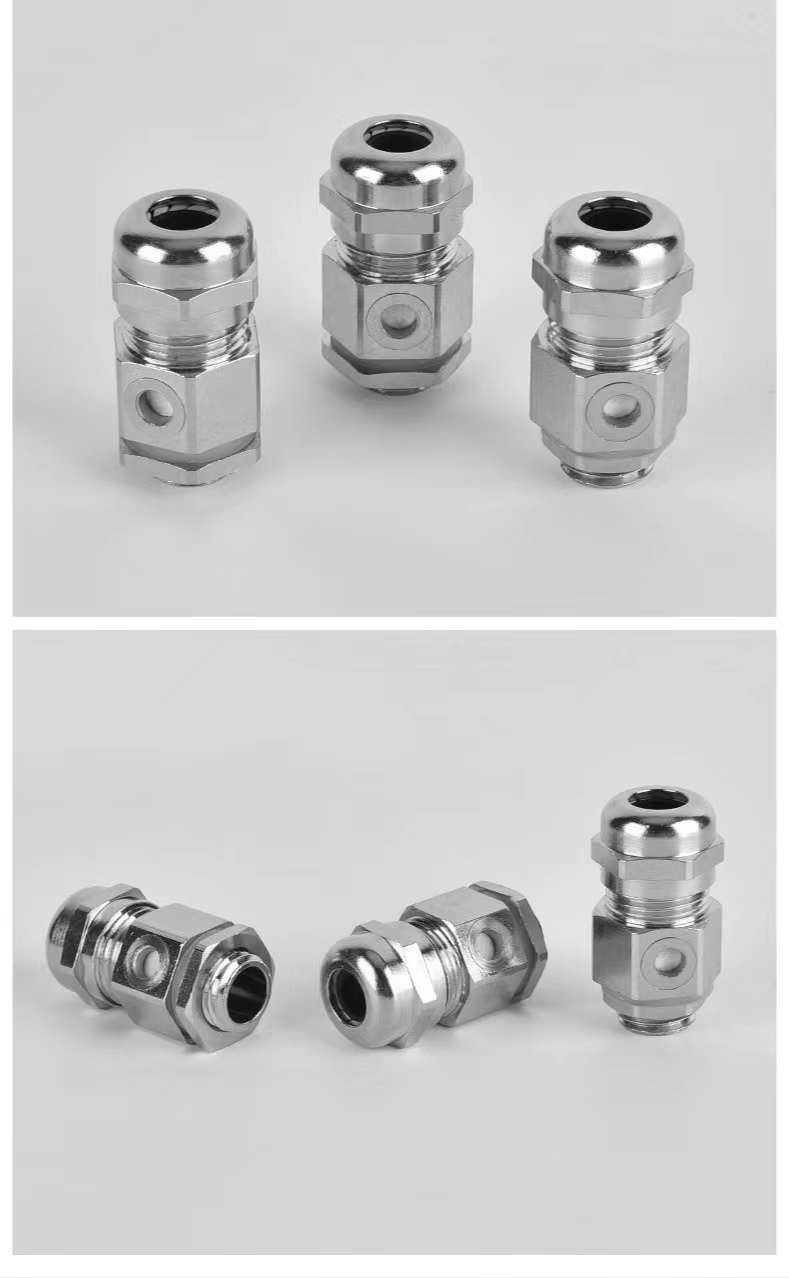In thermodynamics, heat is energy in transfer between a thermodynamic system and its surroundings by modes other than thermodynamic work and transfer of matter. Such modes are microscopic, mainly thermal conduction, radiation, and friction, as distinct from the macroscopic modes, thermodynamic work and transfer of matter.[1] For a closed system (transfer of matter excluded), the heat involved in a process is the difference in internal energy between the final and initial states of a system, and subtracting the work done in the process.[2] For a closed system, this is the formulation of the first law of thermodynamics.
Calorimetry is measurement of quantity of energy transferred as heat by its effect on the states of interacting bodies, for example, by the amount of ice melted or by change in temperature of a body.[3]
In the International System of Units (SI), the unit of measurement for heat, as a form of energy, is the joule (J).
With various other meanings, the word 'heat' is also used in engineering, and it occurs also in ordinary language, but such are not the topic of the present article.








